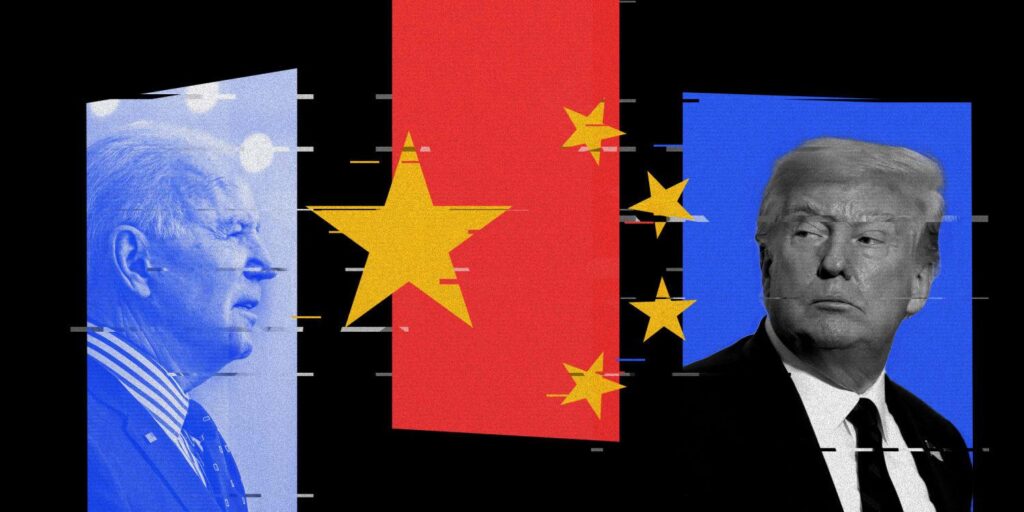In the ever-evolving landscape of cyber warfare, China’s increasing aggression in the realm of cyber attacks has brought the spotlight to the differing approaches of former President Donald Trump and current President Joe Biden. As the digital battlefield continues to expand, it becomes imperative to analyze and understand the contrasting strategies each administration has adopted in response to China’s escalating cyber threats.
Chinas Increasingly Sophisticated Cyber Attacks
Recent reports have shed light on China’s increasingly sophisticated cyber attacks, raising concerns among cybersecurity experts. These attacks have targeted a wide range of entities, including government agencies, businesses, and critical infrastructure. The tactics used by Chinese hackers have grown more advanced over time, posing a significant challenge to cybersecurity defenses.
As China’s cyber capabilities continue to evolve, the differences in approach between the Biden and Trump administrations become more apparent. While the Trump administration took a more unilateral and hardline stance on Chinese cyber threats, the Biden administration has emphasized the importance of international cooperation and diplomatic engagement to address these challenges. This shift in strategy reflects a broader effort to combat cyber threats in a more unified and collaborative manner.
Contrasting Approaches of Biden and Trump Administrations
While both the Biden and Trump administrations have faced cybersecurity challenges posed by China, their approaches to addressing these threats have been markedly different.
Key Contrasts:
- Biden Administration: Prioritizing diplomatic efforts to address China’s cyber attacks through international cooperation and sanctions.
- Trump Administration: Adopting a more confrontational stance, including trade restrictions and heightened rhetoric towards China.
Implications for National Security and International Relations
In recent years, China has been increasing its cyber attacks on the United States, raising concerns about national security and international relations. The differences in how the Biden and Trump administrations handle these attacks are becoming more apparent.
Some of the implications include:
- Heightened tensions between the US and China
- Potential retaliation from the US
- The need for stronger cyber defenses
Recommendations for a Unified Strategy to Counter Cyber Threats
As China’s cyber attacks continue to increase, it is crucial for the United States to develop a unified strategy to counter these threats. Both President Biden and former President Trump have differing approaches when it comes to handling cybersecurity issues.
Some include:
- Collaboration with international partners: Work with other countries to share information and resources in combating cyber attacks.
- Investing in cybersecurity infrastructure: Allocate resources to strengthen the nation’s cybersecurity defenses and enhance protection of critical infrastructure.
Insights and Conclusions
the escalation of cyber attacks originating from China serves as a stark reminder of the critical importance of cybersecurity in today’s interconnected world. The contrasting approaches to addressing this issue by President Biden and former President Trump underscore the need for a comprehensive and united strategy to confront this growing threat. As the digital landscape continues to evolve, it is imperative that leaders prioritize cooperation and innovation in order to safeguard our cyberspace and protect our national security. Only by working together can we effectively navigate the complexities of this new frontier and secure a safer future for all.
